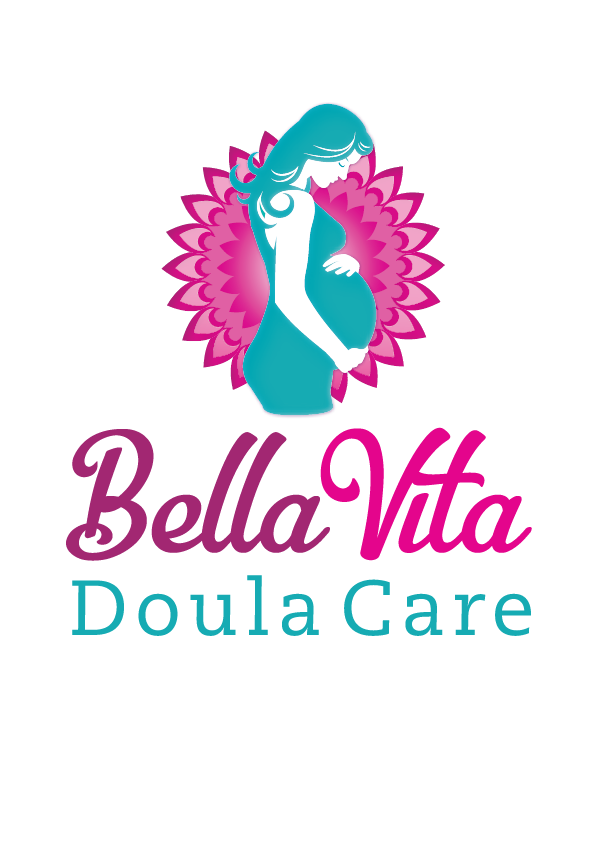Medical institutions don’t always cater to a woman’s best interests and women can easily be swayed during pregnancy and child labor, a most vulnerable time in their lives. In the US, one out of every three pregnancies ends in a C-section, a major surgery with a 6-8-week recovery time that puts both mother and baby at risk.
But birth doesn’t have to be scary. Statistics have proven that having a doula reduces interventions, inductions, C-and the need for pain medication, and C-sections. Women must have a voice and a choice in how they birth their babies. Check out this page for articles and commentaries as well as links to organizations that provide a starting point for your own research and exploration on all things pregnancy and birth related.
Organizations/websites to check out:
Improving Birth
A national movement and platform that seeks to inform, support, engage, and empower consumers, community leaders, and providers with powerful tools to improve birth.
Long Island Doula Association
A multi-professional organization, operating on the paradigm that birth is normal, that provides evidence based information and positive support for women in the early stages of motherhood, from conception through postpartum.
American Pregnancy Association
A national health organization committed to promoting reproductive and pregnancy wellness through education, support, advocacy, and community awareness.
Noteworthy Articles
Baltimore enlists doulas to help bring infant mortality rate down (August 2017)
In many cases, a doula is not a luxury, but a lifesaver. Evidence is clear that the presence of a doula can improve birth outcomes, and programs like this one are doing a great job of extending doula services to more women in need, especially from low-income and medically underserved populations.
Continuous support for women during childbirth (July 2017)
Cochrane reviews and compiles data on any given topic to give a picture of the scientific consensus. In reviewing 26 studies on support during labor and delivery including 15,000 women from around the world, Cochrane concludes that “Continuous support in labor may improve a number of outcomes for both mother and baby, and no adverse outcomes have been identified. Continuous support from a person who is present solely to provide support, is not a member of the woman's own network, is experienced in providing labor support, and has at least a modest amount of training (such as a doula), appears beneficial.”
Kentucky doctor, about to go into labor, pauses to deliver another woman’s baby (July 2017)
Incredible story! And all the proof we need that women are super strong and badass!
What no one tells new moms about what childbirth can do to their bodies: Postnatal care in America is pitiful. The Senate health bill would make it worse. (June 2017)
Childbirth and the aftermath can be frightening in America as this article details. That’s why having a doula can make a world of difference. Every mother should understand their legal rights and be able to recognize what ‘best evidence care’ looks like.
Too many medical procedures on women aren’t necessary: Obstetricians and gynecologists have launched a campaign to reduce care that is unnecessary, can sometimes cause harm and costs the health care system. (June 2017)
Turning childbirth into a medical emergency happens in Canada as well where a report found that up to 30 percent of all health care provided offers no value to patients. It’s great to see a team of health professionals coming up with a list of ‘Ten Things Physicians and Patients Should Question.”
Confessions of a Radical Doula: Why is the delivery room the one place where a woman doesn’t have control over what happens to her body? (March 2016)
A very powerful perspective on birthing in America. The author claims that “obstetric violence is the last culturally acceptable form of violence against women” and makes a great case for more informed advocacy to give women control of their bodies.
Breastfeeding in the land of Genghis Khan (February 2011)
An older article, but still it’s fascinating and illuminating to delve beyond our own cultural comfort zones to see how women the world over care for their babies. As the practice of breastfeeding is sometimes scorned or publicly shamed in the US, it’s so interesting to read about such a joyful celebration of a woman’s power to nourish.

